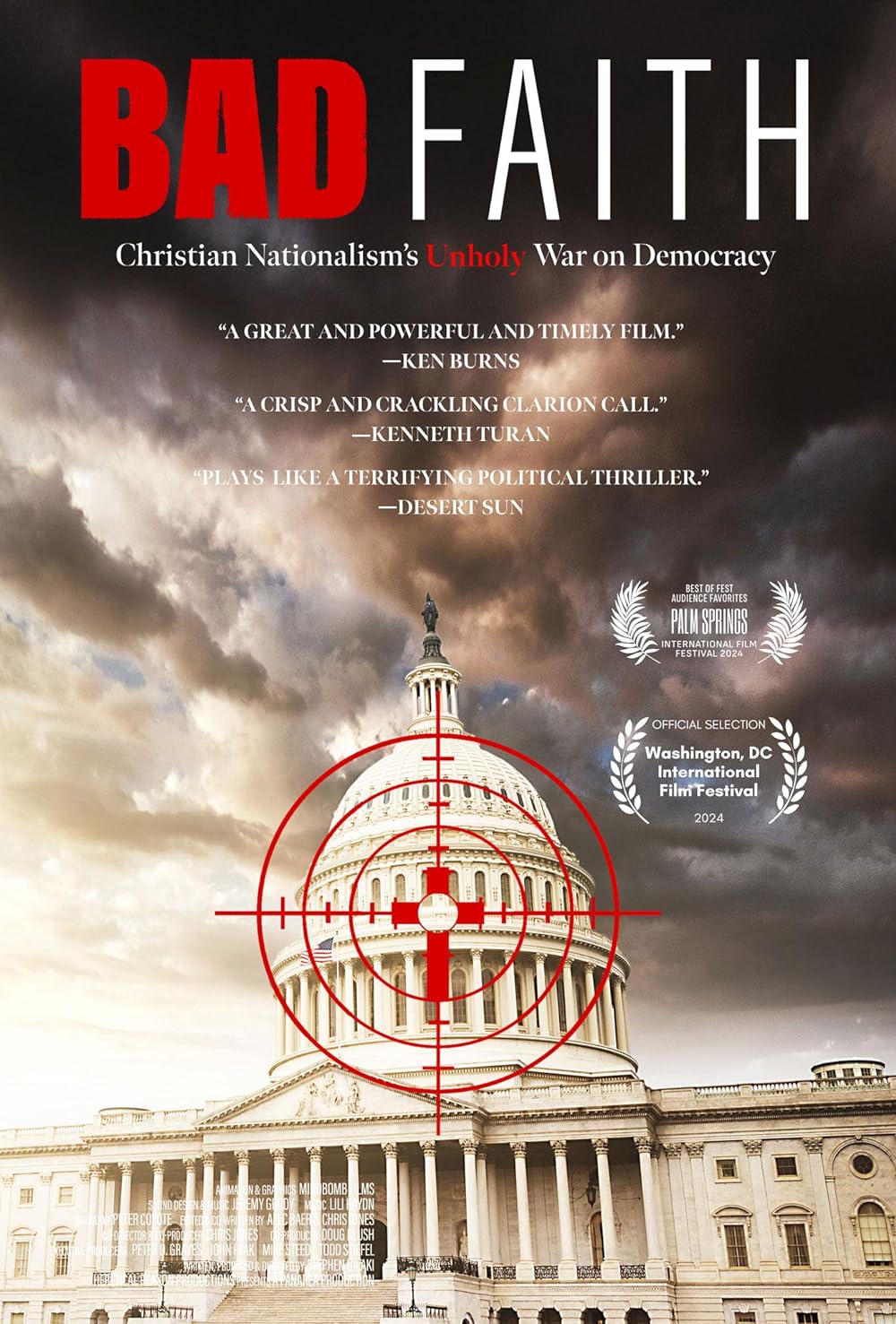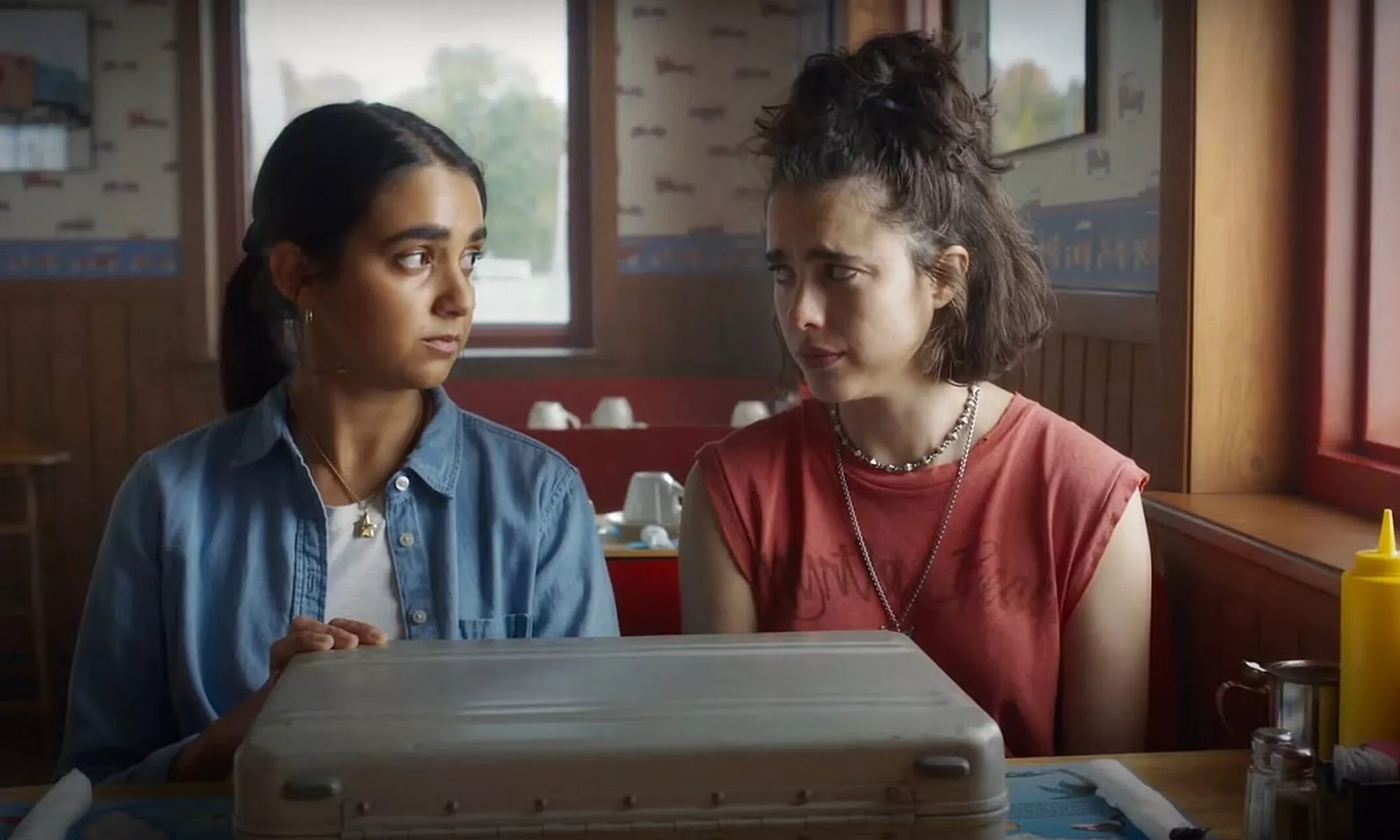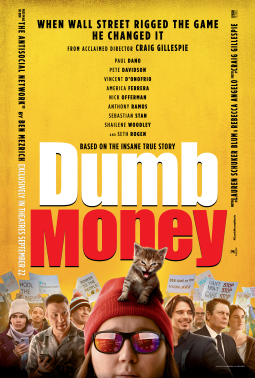Beauty Shop
Posted on March 15, 2005 at 8:35 pm
B| Lowest Recommended Age: | Mature High Schooler |
| Profanity: | Very strong language for a PG-13 including discussion of the n-word |
| Nudity/ Sex: | Extremely strong sexual references for a PG-13 |
| Alcohol/ Drugs: | References to drugs |
| Violence/ Scariness: | None |
| Diversity Issues: | A theme of the movie, some mildly anti-gay humor |
| Date Released to Theaters: | 2005 |
This film is less a movie than a brand extension. Speaking of which, it is as synthetic as cut-rate hair extensions and as obvious as its intrusive product placements. Beauty Shop is more deal than delight.
It’s 3/4 remake, a sort of Barbershop 2.0, with Queen Latifah replacing Ice Cube, Alicia Silverstone as Troy Garrity, and Alfre Woodard as Cedric the Entertainer.
Queen Latifah plays Gina, a single mom who walks out of her job working for the Man, the supercilious Jorge (Kevin Bacon, clearly relishing the chance to go completely over-the-top) so she can start her own beauty shop. She brings along sweet Lynn (Silverstone) for a bit of reverse-racism humor and takes on irascible Miss Josephine (Woodard) for those “No! She did not just say that!” moments. Keshia Knight Pulliam, once little Rudy on “The Cosby Show,” is all grown up as Darnelle, Gina’s relative who has to learn that a job is more rewarding than getting bling from dates. And once again the future of the shop is on the line, there is an ex-con (Bryce Wilson as James) to raise questions about, but most of all, once again this is not about the characters or story; it’s just a chance to listen in on some outrageously spicy conversations.
The script has a second-hand feeling and what plot there is seems like an afterthought, awkward and inconsistent. There’s a completely unecessary big fuss over a possible sale of Gina’s special conditioner to Cover Girl that is just abandoned when it is no longer convenient. It’s no coincidence that Cover Girl, whose name evokes rapture whenever it is mentioned on screen, happens to be the company for which producer/star Queen Latifah has a side job as spokesmodel. Gina’s daughter is a gifted classical musician who is not afraid to show her respect for classical “dead while male” composers. And yet it is portrayed as something of a triumph at her recital when she makes a last-minute substitution of some jazz from a black composer.
What the movie has going for it is attractive performers who make it work much better than it should, especially the wonderfully warm and appealing Queen Latifah herself and certified dreamboat Djimon Hounsou as the electrician who lives upstairs. Silverstone and Andie MacDowell and Mena Suvari as Gina’s customers do their best but are never able to make their one-note roles rise above the weaknesses of the screenplay.
In other words, it’s time for this series to get a makeover.
Parents should know that this movie has some very explicit and raunchy material for a PG-13 including a detailed discussion of bikini waxes, conversation about breast implants and sex toys, a reference to a “pimp hat,” speculation about whether a character is gay, and some earthy and vivid sexual references (“a freak in the bedroom,” references to mishappen genitalia and sex toys). Strengths of the movie include its portrayal of strong, loyal, and independent women and minorities and its frank exploration of racism by both blacks and whites and its depiction of inter-racial relationships.
Families who see this movie should talk about why some of the white and black characters are resistant to becoming friends with each other and why others are not. What lessons does Gina teach Willie and Darnelle?
Families who enjoy this movie will also enjoy the original Barbershop and other movies with similar settings, including the comedy-drama Steel Magnolias, The Big Tease and the Indian Everybody Says I’m Fine. There are also some very spicy beauty shop scenes in Deliver Us from Eva. Every family should learn about pioneering entrepreneur and philanthropist Madame C.J. Walker. There are excellent biographies written by her great-great grand-daughter, A’Lelia Bundles, one for adults and one for children. And dvery family should read the poetry of Maya Angelou, including one of the poems quoted in this movie, Still I Rise. And every family should listen to the magnificent song Joe plays, “Knocks Me Off My Feet” by Stevie Wonder.






